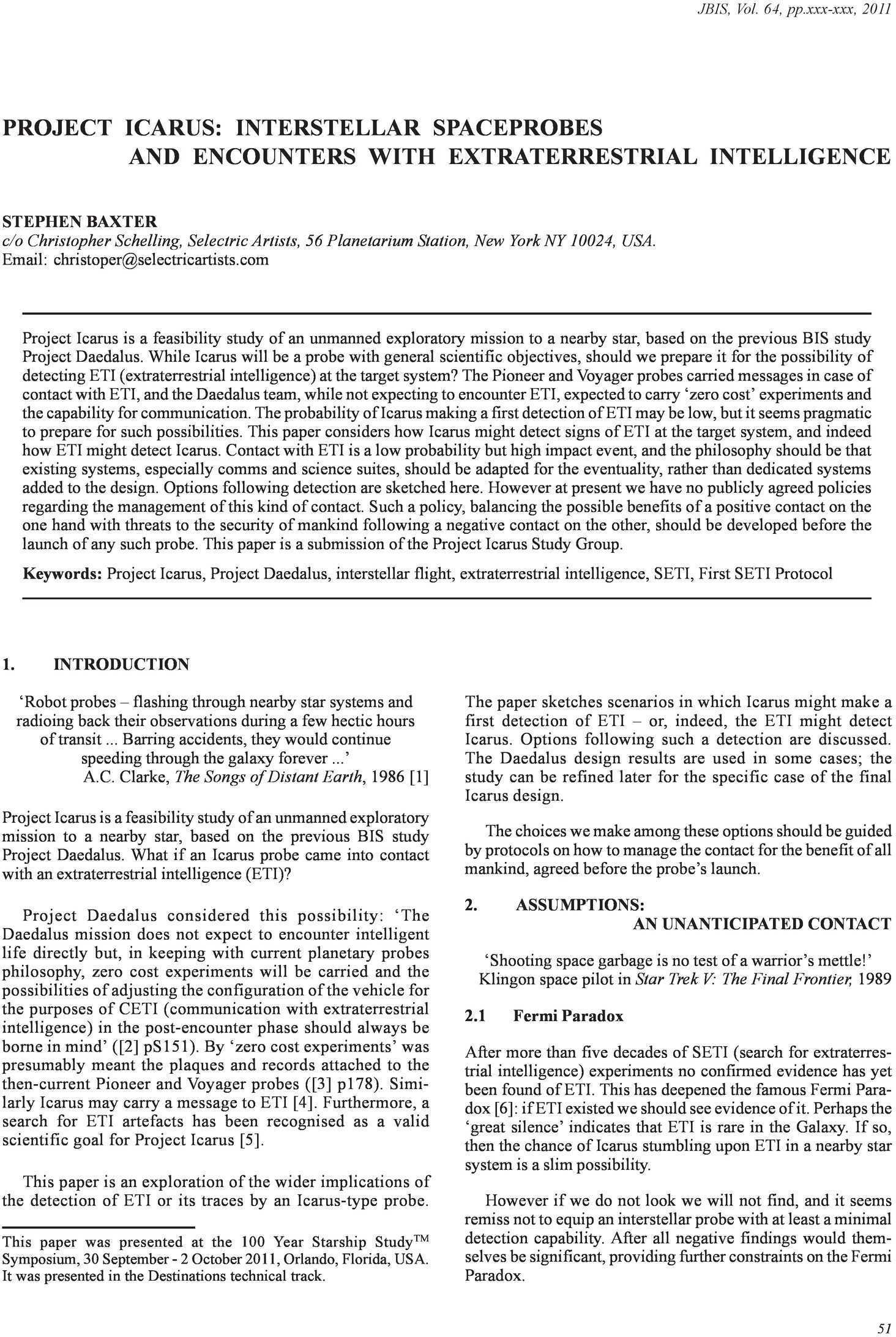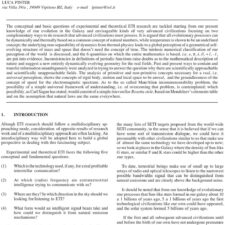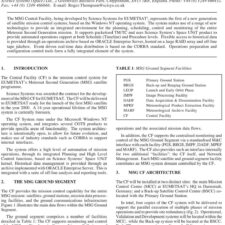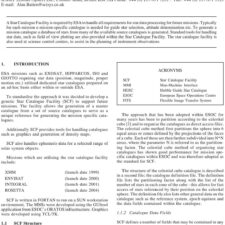Project Icarus: Interstellar Spaceprobes and Encounters with Extraterrestrial Intelligence
£5.00
S. Baxter (2013), JBIS, 66, 51-60
Refcode: 2013.66.51
Abstract:
Project Icarus is a feasibility study of an unmanned exploratory mission to a nearby star, based on the previous BIS study Project Daedalus. While Icarus will be a probe with general scientific objectives, should we prepare it for the possibility of detecting ETI (extraterrestrial intelligence) at the target system? The Pioneer and Voyager probes carried messages in case of contact with ETI, and the Daedalus team, while not expecting to encounter ETI, expected to carry `zero cost’ experiments and the capability for communication. The probability of Icarus making a first detection of ETI may be low, but it seems pragmatic to prepare for such possibilities. This paper considers how Icarus might detect signs of ETI at the target system, and indeed how ETI might detect Icarus. Contact with ETI is a low probability but high impact event, and the philosophy should be that existing systems, especially comms and science suites, should be adapted for the eventuality, rather than dedicated systems added to the design. Options following detection are sketched here. However at present we have no publicly agreed policies regarding the management of this kind of contact. Such a policy, balancing the possible benefits of a positive contact on the one hand with threats to the security of mankind following a negative contact on the other, should be developed before the launch of any such probe. This paper is a submission of the Project Icarus Study Group.





